What are customers saying?
Style State (Formerly Ajoy)
5
(23 store reviews)
Based on customer reviews and data from Google and/or its partners.
What people are saying
-
Irena Cajkic
a week ago on Google Customer Reviews
Style State is an outstanding wholesale company! Their clothing quality is exceptional, with well-made, stylish, and unique pieces that stand out. Customer service is exemplary—always accommodating, fair, and a pleasure to deal with. Communication is effo
-
Tegan Louise
4 weeks ago on Google Customer Reviews
Great wholesaler, the clothes are of high quality, super fast interstate shipping and the team are super friendly and helpful.
-
Alicia D
4 weeks ago on Google Customer Reviews
Absolutely love the friendly service from the ladies at Style State! Their on trend pieces are absolutely gorgeous, fit beautifully and always sell so quick!! Thanks, Alicia (Berries and Blush)
-
Simone Grundy
4 weeks ago on Google Customer Reviews
Wear It Outt has been a wholesale customer of Style State for 6 years. The designs are on trend, beautifully made, and affordable for our customers. Styles are designed to reach a wide range of ages. The most exciting news from HQ for 2025, they are work
-
Amy Davis
5 years ago on Google Customer Reviews
Fantastic quality, fast shipping. Staff are easy to work with, quick to let you know if something is wrong with your order and with an easy solution. Love love love
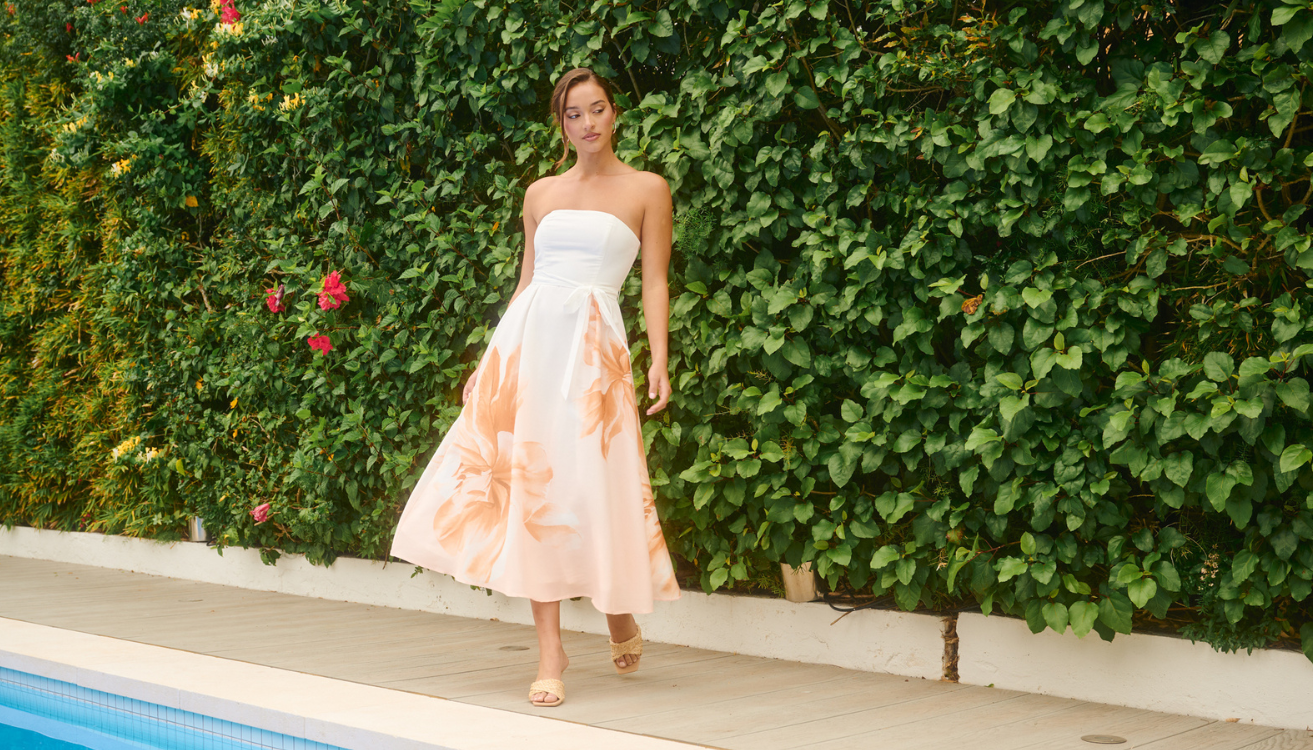

How to Start Your Own Boutique Business - Buy Wholesale Clothes for Resale in Australia (2024)
Have you dreamed of starting your own boutique? The fashion industry can be an intimidating sector but one that appeals to many aspiring entrepreneurs. From the allure of designing a signature clothing line to the thrill of seeing your products worn by customers, the fashion business is not both creatively fulfilling and potentially lucrative. With the rise of e-commerce and social media, there’s never been a better time to enter the fashion market, whether it’s through an online store or a physical shop.
Starting a fashion business involves more than just a passion for clothing and style. It requires careful planning, market understanding, and strategic decision-making. Some of the key steps in this journey include finding a reliable wholesale supplier, selecting the right products, and implementing effective resale strategies.
Not to worry! With over 30 years in the wholesale fashion business, Style State has put together a guide, where we’ll explore these essential steps in detail to help you build a successful fashion business from the ground up.
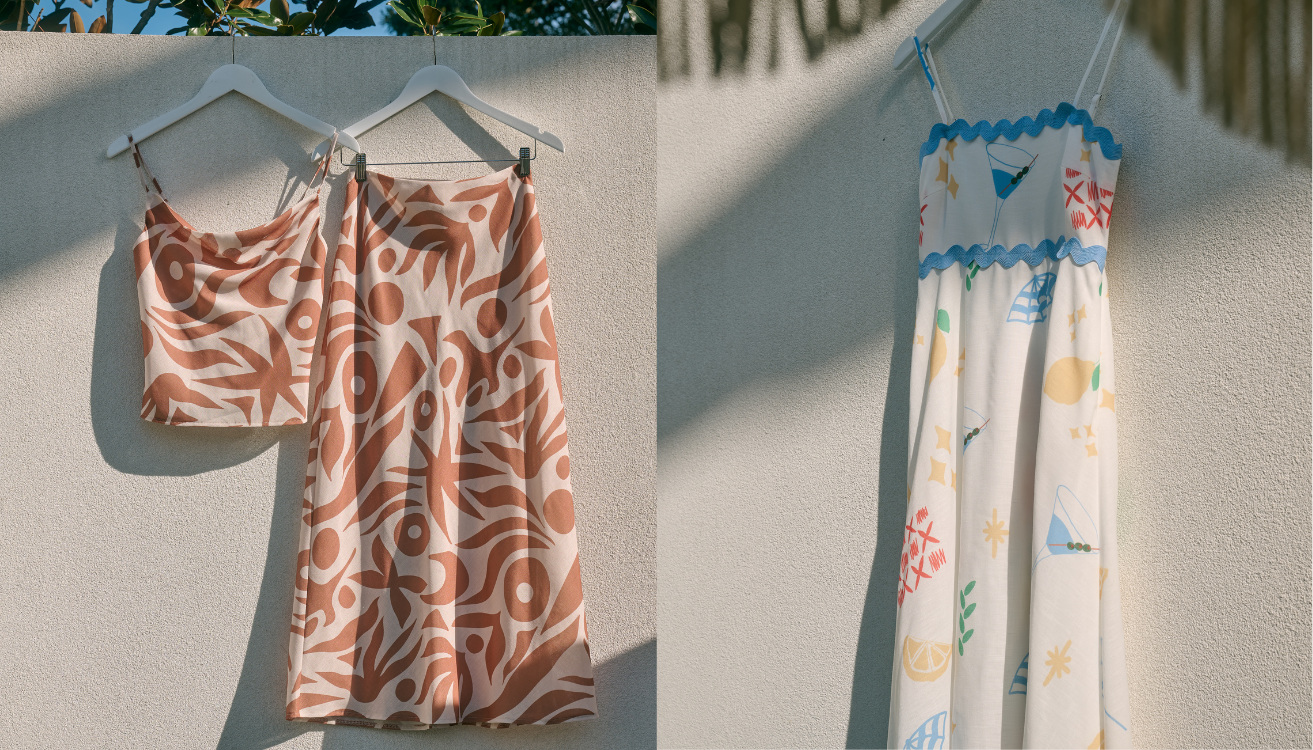

Understanding the Fashion Wholesale Market
Before exploring the world of retail, it's crucial to understand the role of fashion wholesalers. You’d be surprised how many questions we still get about our industry today! Wholesalers act as intermediaries between manufacturers and retailers, providing access to a wide range of products at competitive prices.
There are various types of wholesale suppliers within the fashion industry:
Wholesaler: What we do!
Essentially, wholesalers like us produce apparel that is sold in bulk quantities at a cost lower than retail pricing. The best part is that we are an end-to-end business service that designs our products in-house, produces and fits the apparels, imports and then supplies to business owners like you with no minimum orders!
Manufacturers: These are the producers of clothing and accessories who sell directly to retailers or through intermediaries. Buying directly from manufacturers can be cost-effective, but it often requires large minimum order quantities.
Distributors: Distributors act as middlemen between manufacturers and retailers. They purchase products in bulk from multiple manufacturers and sell them to retailers. Distributors typically offer a wider range of products but may have higher prices due to their intermediary role.
Importers: Importers specialise in sourcing products from international markets. They handle all logistics involved in bringing products from overseas manufacturers to local retailers. This can be an excellent option for retailers looking to offer unique or exotic products.
Drop Shippers: Drop shipping suppliers provide products directly to consumers on behalf of the retailer. Retailers market and sell the products, but the drop shipper handles storage, packaging, and shipping. This model reduces the retailer's need for inventory but may result in lower profit margins.
Understanding these different types of suppliers and their roles in the supply chain is essential for choosing the right one for your business. A good wholesale supplier can provide a diverse selection of products, competitive pricing, and reliable service—all of which are crucial for your business's success.
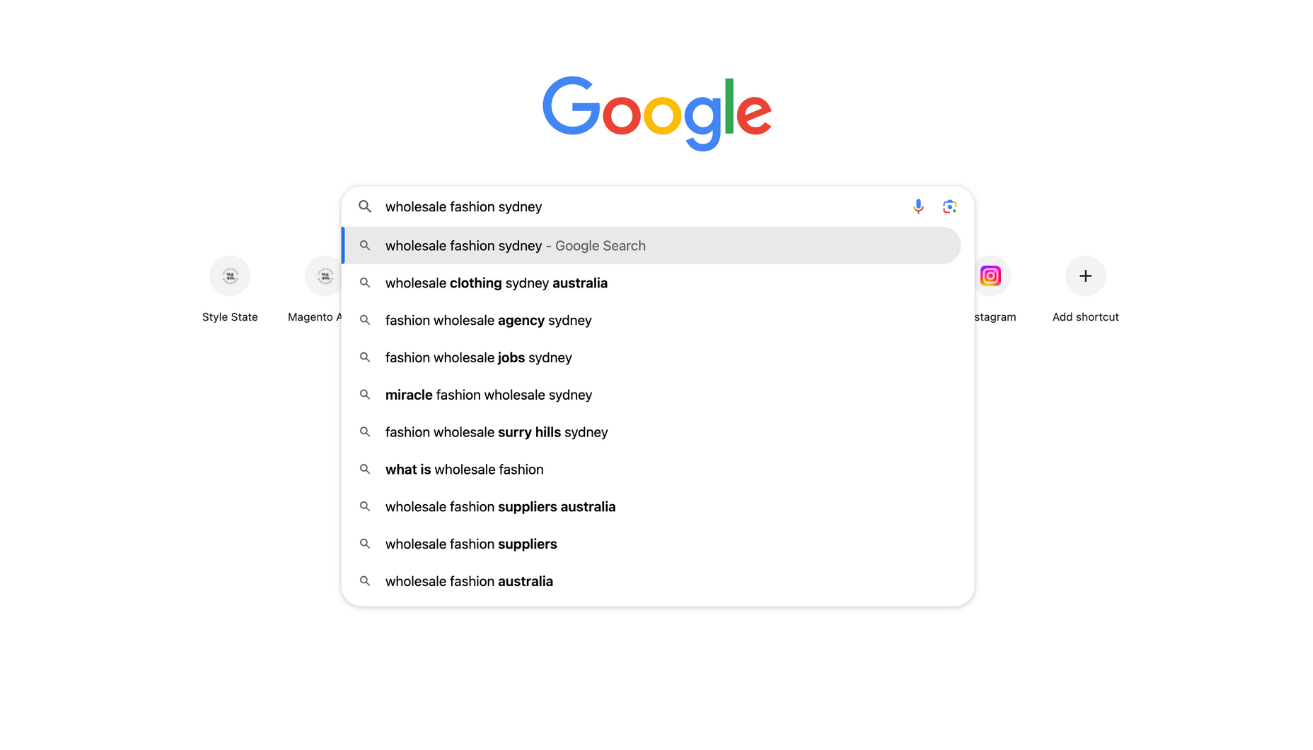

How to Find a Good Wholesale Supplier
Finding a reliable wholesale supplier is one of the most critical steps in establishing a fashion business. Here are several strategies to help you find a good supplier:
Research and Networking
One of the most effective ways to find quality wholesale suppliers is through thorough research and networking. Industry-specific trade shows and exhibitions are excellent opportunities to meet suppliers in person, see their products first hand, and build relationships. Additionally, online directories and trade publications often feature reputable suppliers and provide valuable insights into the industry.
You can also visit Kippax Street in Surry Hills (NSW) or Langridge Street, Collingwood (VIC), the heart of the wholesale districts in Melbourne and Sydney, where you will find a hub of wholesale showrooms.
If you would like to check out our showroom where you can touch and feel our products in person, visit this page for more details on how you can drop by.
Networking with other retailers and industry professionals can also be highly beneficial. They can offer recommendations and advice based on their experiences, helping you identify trustworthy suppliers and avoid potential pitfalls.
Online Resources
The internet is a powerful tool for finding wholesale suppliers. Popular wholesale marketplaces like Faire and Whola (where you’ll also find us!) offer vast directories of suppliers from around the world. These platforms often include reviews and ratings from other retailers, allowing you to evaluate a supplier's reliability and product quality.
When using online resources, it's essential to conduct thorough due diligence. Look for suppliers with positive reviews, high ratings, and a history of good customer service. Be wary of deals that seem too good to be true, as they may indicate low-quality products or unreliable suppliers.
Direct Contact
Sometimes, the best way to find a good supplier is to reach out to local suppliers. This approach allows you to establish a direct relationship, negotiate terms, and get a better sense of the supplier's reliability and product quality.
When contacting suppliers directly, it's important to verify their authenticity and credibility. Check their business credentials, ask for client references, and inquire about their experience in the industry. A reputable supplier should be transparent and willing to provide this information.
Excited to find out how you can stock your store with Style State or Winnie & Co? Enquire here and one of our account managers will get back to you!
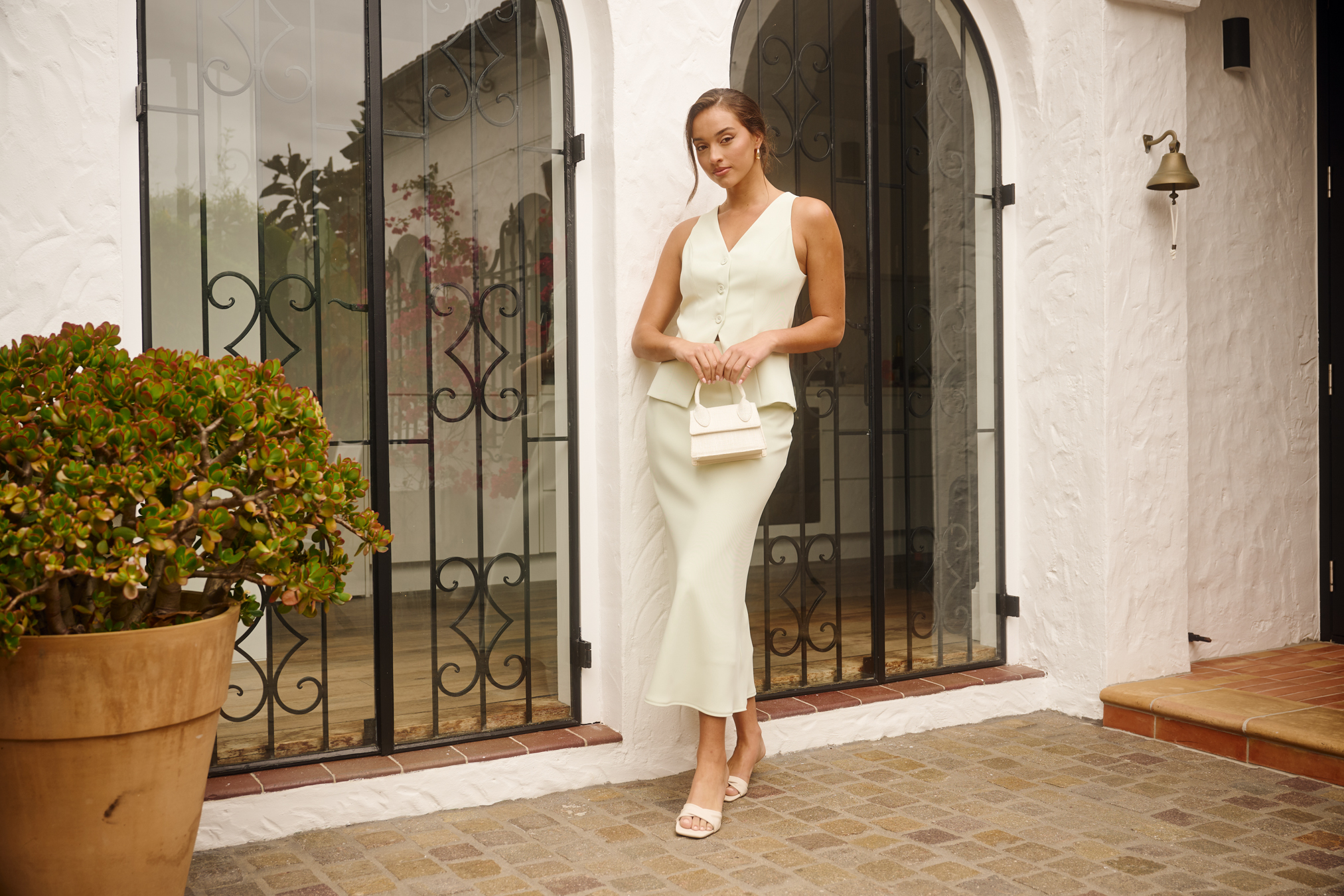

Evaluating Potential Suppliers
Once you have identified your potential suppliers, the next step is to evaluate them based on several key criteria:
Quality and Reliability
Quality control is a huge concern in the fashion industry. Poor-quality products can lead to customer dissatisfaction, negative reviews, and a damaged reputation. Before committing to a supplier, try out their products by buying a limited quantity to assess quality. Examine the materials, stitching, and overall craftsmanship to ensure they meet your standards.
Reliability is equally important. A supplier that consistently delivers products on time and as promised is invaluable. Delays and discrepancies can disrupt your business operations and lead to lost sales. Consider a supplier's track record for on-time delivery and responsiveness to issues when making your decision.
Pricing and Minimum Order Quantities (MOQs)
Understanding a supplier's pricing structure and minimum order quantities (MOQs) is crucial for budgeting and inventory management. Some suppliers can offer discounts for larger orders, which can be advantageous if you have the capital and storage capacity. Negotiating better terms with suppliers is often possible, especially if you demonstrate a commitment to a long-term and consistent partnership. Don't be afraid to ask for favourable pricing, especially if you plan to place large or frequent orders.
Customer Service and Support
Good customer service from your supplier can make a significant difference in your business's success. We pride ourselves here at Style State where we have dedicated account managers that are responsive, supportive, and willing to go the extra mile can help you resolve issues quickly and maintain smooth operations. When evaluating suppliers, consider communication style, response times, and willingness to address your concerns.
Selecting the Right Products for Your Business
Choosing the right products is a critical aspect of running a successful fashion business. Here are some factors to consider:
Understanding Your Market
As much as we know it’s fun to create collections that you want to wear, it is also vital to analyse the market. Before selecting products, it's essential to understand your target market. Conduct market research to identify your potential customers' demographics, preferences, and buying behaviours. Understanding what your customers want will help you choose products that appeal to them and drive sales.
Staying updated on current fashion trends is also important. Trends can change quickly in the fashion industry, and being able to anticipate these changes can give you a competitive edge. Follow fashion blogs, magazines, and style influencers to keep your finger on the pulse of the latest trends.
Make sure to follow both our brands on Instagram @stylestate and @winnieandco.label so you can get updates on the wholesale fashion industry, essential merchandising advice and styling insights!
Choosing a Niche
Specialising in a particular niche can set your business apart from the competition and attract a loyal customer base. Focusing on a specific type of product or fashion style allows you to cater to a specific audience and build a strong brand identity.
Examples of successful niche markets include sustainable minimalist fashion, trend-driven (y2k) fashion, plus-size clothing, vintage styles, and activewear. By choosing a niche, you can become an expert in that area and provide unique products that appeal to your target customers.
Product Selection Criteria
When selecting products, consider factors such as quality, style, price, and demand. High-quality products tend to have a higher perceived value and can command higher prices. However, they also come with higher costs, so it's essential to balance quality with affordability.
Consider offering a mix of trending items and timeless pieces. Trending items can attract fashion forward customers, while core styles provide a stable source of revenue as they remain popular regardless of changing trends.
Shop our range of timeless, sophisticated styles from Style State and more trend-focused pieces from our sister label, Winnie & Co.!
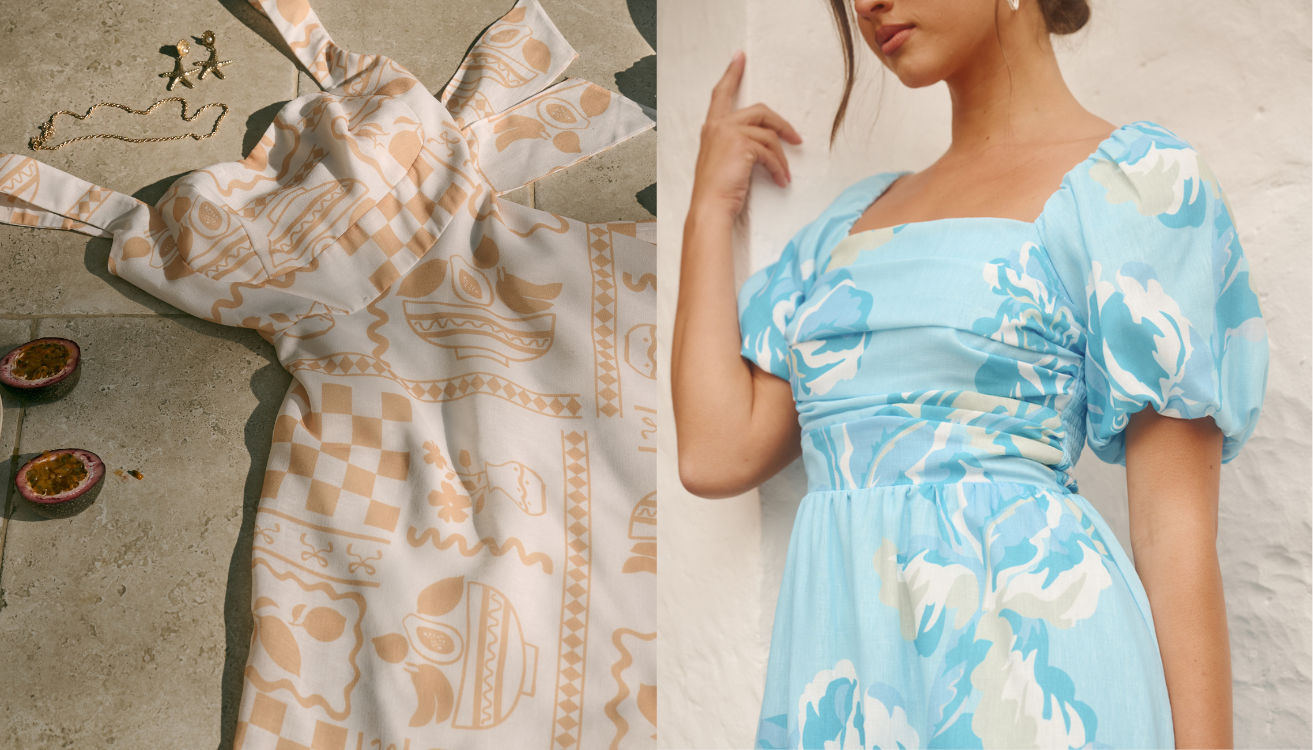

Online vs. Physical Store
Once you've selected your products and secured a reliable supplier, it's time to launch your fashion business. You can choose to start an online store, open a physical store, or adopt a omni-channel approach.
Starting an Online Store
An online store offers several benefits, including lower overhead costs, a wider reach, and 24/7 availability. To set up an online store, you'll need to choose an e-commerce platform, design a user-friendly website, and integrate payment systems. It's also essential to invest in digital marketing to drive traffic to your site and convert visitors into customers.
Opening a Physical Store
A brick-and-mortar store provides a tactile shopping experience and allows customers to try on products before purchasing. Immediate purchases and face-to-face interactions can also build stronger customer relationships. However, opening a physical store requires a significant investment in location, store layout, and inventory management.
When choosing a location, consider factors such as foot traffic, visibility, and proximity to your target market. A well-designed store layout can enhance the shopping experience and encourage customers to spend more time browsing.
Hybrid Approach
Combining online and offline strategies can maximise your reach and profitability. A omni-channel approach allows you to cater to different customer preferences and create a seamless shopping experience. For example, customers can browse products online and make purchases in-store, or vice versa.
Integrating both channels requires careful planning and coordination. Try to make sure that your inventory management system is synced across all platforms and that your marketing efforts are cohesive and consistent.
Ready to elevate your fashion business or start your own label? Starting a fashion business can be daunting, and requires careful planning, research, and strategic decision-making. Whether you choose to start an online store, open a physical shop, or adopt a hybrid approach, the key to success lies in understanding your market, staying ahead of trends, and delivering high-quality products and service to your customers.
Want to get more support? Let us know how Style State can support you in your business journey! From shopping our exclusively designed pieces to producing your dream collection, we cover it all with quality and service you can trust.
Continue Reading
How to nail your Seasonal Sales Strategy
The Ultimate Guide: How to create an occasion wear collection
Summer’s calling: Winnie & Co’s Sicilio Collection




